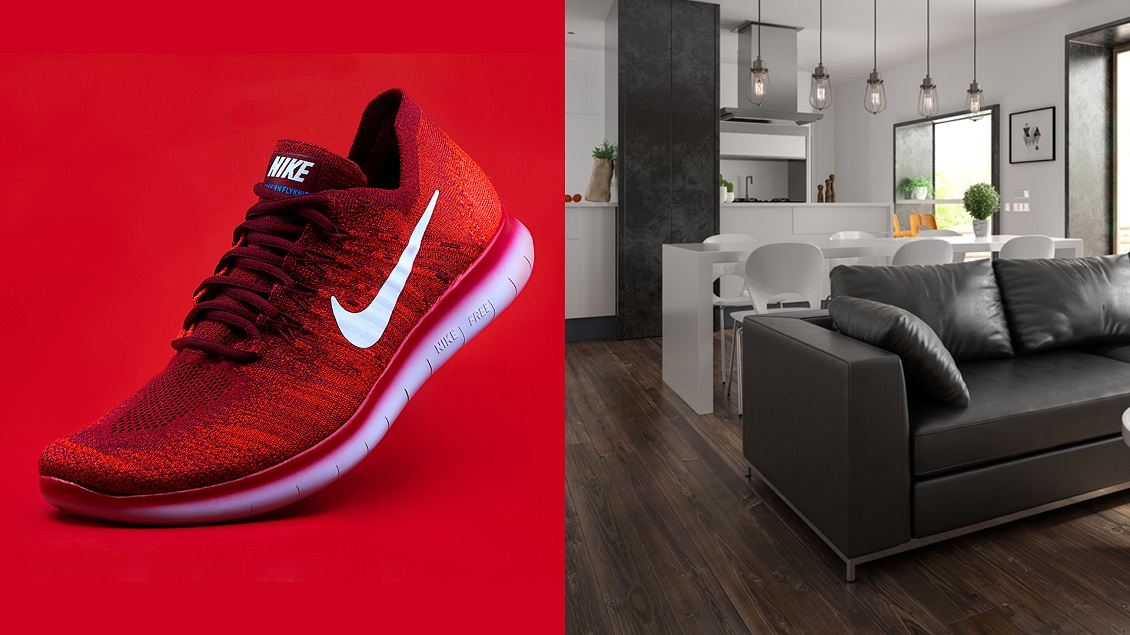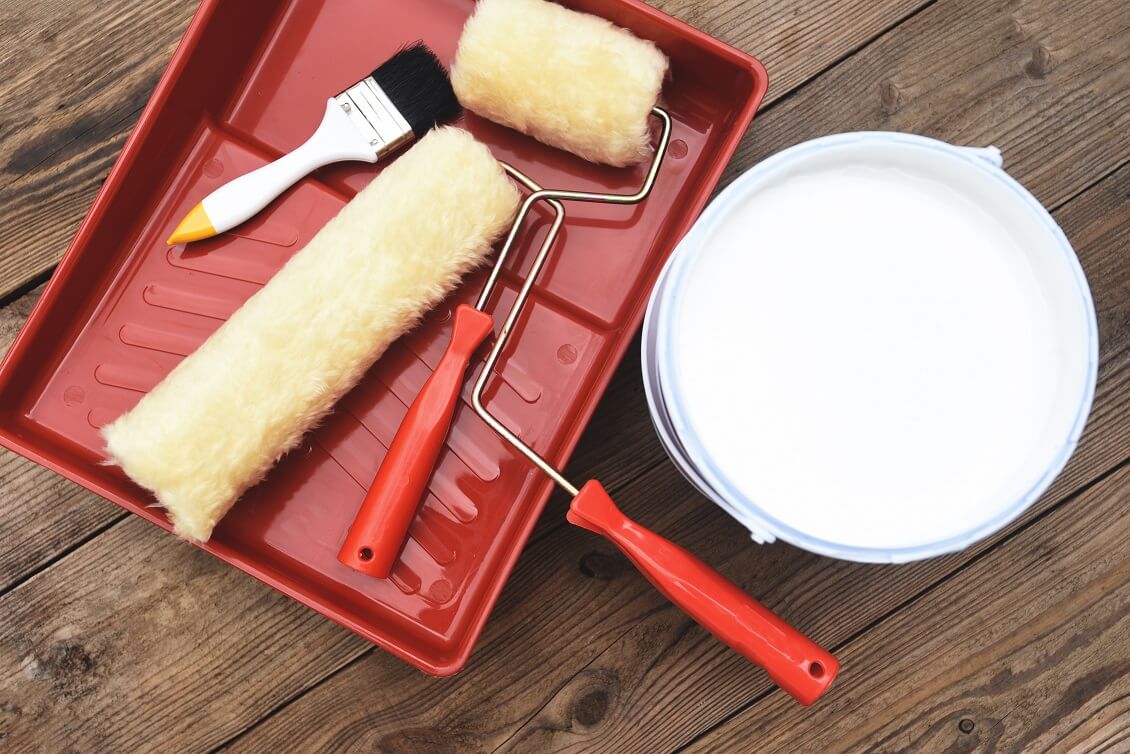Polyurethane Resin
Polyurethane Resin In light of global restrictions on the use of volatile organic solvents due to their contribution to atmospheric pollution, environmentally friendly products have become increasingly popular in industries today. Technologies and methods that reduce the use of volatile organic materials are also receiving significant attention. Among the products and methods that contribute to this reduction, water stands out due to its low cost, non-toxicity, and high environmental compatibility, enhancing the yield of many organic reactions and making it the best choice for use in synthesis environments and the production of chemical products.
The viscosity of water-based polyurethane dispersants is not related to their molecular weight, distinguishing them from other polyurethanes. Therefore, dispersants with a high solid content can easily be obtained through the drying process. A dispersant is a colloidal two-phase system that includes polyurethane components in an aqueous environment. Most of the third-type acidic and nitrogen groups are neutralized, forming the basis of dispersion centers in water. Recently, a new method (a two-stage emulsification process) has been introduced for synthesizing water-based polyurethanes with a high solid content, where particle size distribution is carefully controlled, as particle size determines essential characteristics such as viscosity and solid content in these polyurethanes. These high solid content polyurethanes increase the volumetric and temporal efficiency of reactors and reduce film formation time.

Water-Based Polyurethane Dispersants (WPUD) have garnered the most industrial and commercial applications of polyurethane. The type and amount of polyol and isocyanate influence the chain extension and solid content, affecting the properties of the resulting dispersant. These factors are decisive in the use of these materials in various applications, including adhesives, coatings, water-based paints, printing inks, and more, each suitable for different domains. We will now discuss the three main applications of water-based polyurethane.
Water-Based Adhesives
Water-based polyurethane adhesives offer several advantages over solvent-based adhesives, including being non-toxic, having a low activation temperature, high adhesive strength, and moisture resistance. These adhesives are easily applied to the substrate and exhibit high adhesive power after activation. However, WPU adhesives have not yet found a significant market position in the field of pressure-sensitive adhesives. They have various applications in industries such as textiles, interior decoration, and home furniture.
For instance, in the MDF board veneering industry (where they are referred to as vacuum membrane adhesives), water-based PU adhesives, compared to solvent-based adhesives, are single-component, easily applied, and activated with minimal energy and cost. One of the broadest applications of WPU adhesive is in the footwear industry, where it is used to bond shoe soles to PVC composites. In the textile industry, these adhesives are also used for the production of synthetic leather.
Water-Based Coatings and Polyurethane Colors
Water-Based Coatings and Polyurethane Colors are widely used in the paint and coatings industry due to their unique properties, including adhesion to various metal, plastic, wood, and building materials, mechanical resistance, and UV radiation resistance.
In the past, the focus was on solvent-based polyurethanes, which used various solvents in their synthesis. However, the rising cost of solvents and environmental concerns have shifted researchers’ attention to using water as an alternative to organic solvents. In interior decoration, consumers prefer non-toxic and odorless materials, which water-based polyurethane colors and coatings provide, as they are free from organic solvents and thus lack toxic fumes. Besides serving as finishes, water-based coatings are also used to prevent corrosion in wood and metals due to their high mechanical and chemical resistance. In the textile industry, water-based polyurethane coatings are extensively used to produce fabrics for travel tents, clothing, and waterproof textile goods.


